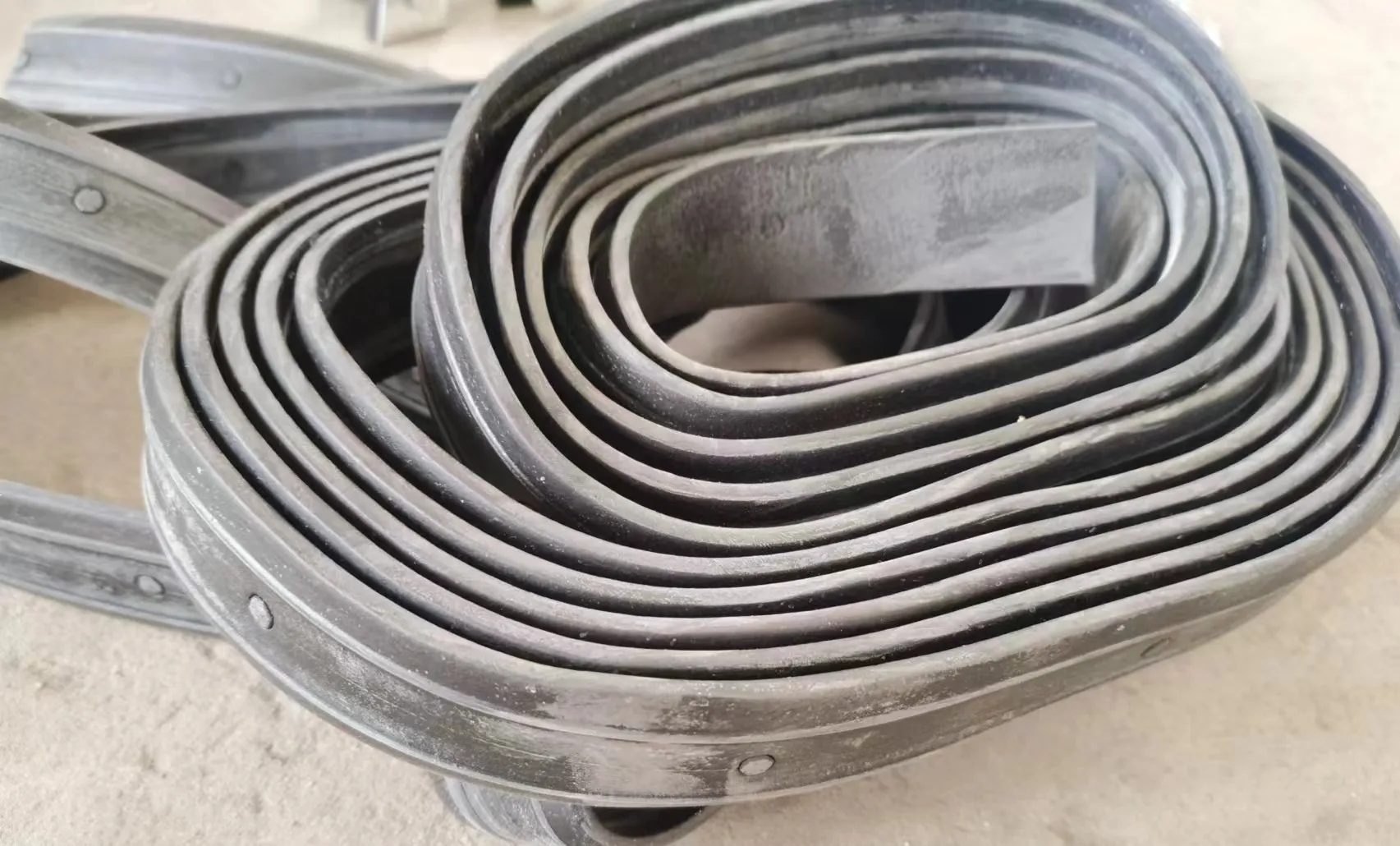loading...
- No. 9, Xingyuan South Street, Dongwaihuan Road, Zaoqiang County, Hengshui, Hebei, China
- admin@zjcomposites.com
- +86 15097380338
- Welcome to visit our website!
Exploring Innovative Water Treatment Solutions for Sustainable and Clean Water Access Worldwide
Water Treatment Systems Ensuring Safe and Clean Water Supply
Water is an essential resource for life, playing a critical role in health, sanitation, agriculture, and industry. However, the quality of water can often be compromised due to industrial waste, agricultural runoff, and urban runoff, making effective water treatment systems crucial for ensuring that communities have access to safe and clean water. This article explores the various types of water treatment systems, their importance, and the technologies they employ to purify water.
Types of Water Treatment Systems
Water treatment systems can be broadly categorized into two main types centralized systems and decentralized systems. Centralized systems are typically large facilities that treat water before it is distributed to households and businesses. These systems often incorporate several processes, including coagulation, sedimentation, filtration, and disinfection.
On the other hand, decentralized systems are smaller-scale treatments that are typically used in rural or isolated areas where centralized supply is not feasible. These can include individual household systems, such as septic tanks and filtration systems, which are designed to treat wastewater on-site.
Importance of Water Treatment
The importance of water treatment systems cannot be overstated. Contaminated water can lead to severe health issues, including waterborne diseases such as cholera, dysentery, and typhoid. By purifying water, treatment systems eliminate pathogens and harmful substances, ensuring public health and safety.
Moreover, treated water plays a vital role in sustaining agriculture. The agricultural sector relies heavily on clean water for irrigation and livestock. Water treatment systems contribute to agricultural productivity by providing a reliable source of uncontaminated water, which helps to enhance crop yields and food security.
In industrial contexts, water treatment is essential for operational efficiency and compliance with environmental regulations. Many industries utilize water in their processes, and by treating and recycling this water, they can reduce their overall environmental impact and lower operational costs.
water treatment systems

Technologies in Water Treatment
Advancements in technology have significantly improved water treatment processes, increasing efficiency and effectiveness. Some common technologies used in water treatment systems include
1. Coagulation and Flocculation This process involves the addition of chemicals to water that cause smaller particles to clump together, forming larger particles that can be easily removed.
2. Filtration Various types of filters—including sand, activated carbon, and membrane filtration—are used to remove impurities and particles from the water.
3. Disinfection This is a crucial step in water treatment, where methods such as chlorination, ultraviolet (UV) light treatment, and ozonation are employed to kill or inactivate harmful microorganisms.
4. Reverse Osmosis This advanced filtration technology is used to remove salts and other impurities from water, making it suitable for use in sensitive applications, such as in pharmaceuticals and food industries.
5. Biological Treatment Often used in wastewater treatment, biological processes leverage microorganisms to break down organic matter and pollutants. Techniques like activated sludge and biofilm reactors are prevalent in this area.
Conclusion
As the global population continues to grow and water resources become increasingly strained, the importance of effective water treatment systems will only escalate. These systems not only safeguard public health but also support agricultural productivity and industrial efficiency. Continued investment in water treatment technologies, alongside sustainable practices, is essential for ensuring that future generations have access to clean and safe water. Ultimately, every community must prioritize and innovate its water treatment strategies to meet the challenges posed by climate change, pollution, and population growth, thereby securing a healthier and more sustainable future.
-
Premium FRP Handrail for All ApplicationsNewsAug.29,2025
-
Low Maintenance FRP Mini Mesh Grating ProductsNewsAug.29,2025
-
Innovative FRP Square Tubes for Modern Industrial SolutionsNewsAug.29,2025
-
FRP Water Storage Tanks Wholesale Solutions for Bulk BuyersNewsAug.29,2025
-
FRP Molded Grating Solutions for Diverse Industrial ApplicationsNewsAug.29,2025
-
Construction Advancements Through FRP Pultruded ProfilesNewsAug.29,2025
-
Why Choose FRP Railings, Guardrails, and Handrail Systems?NewsAug.29,2025
